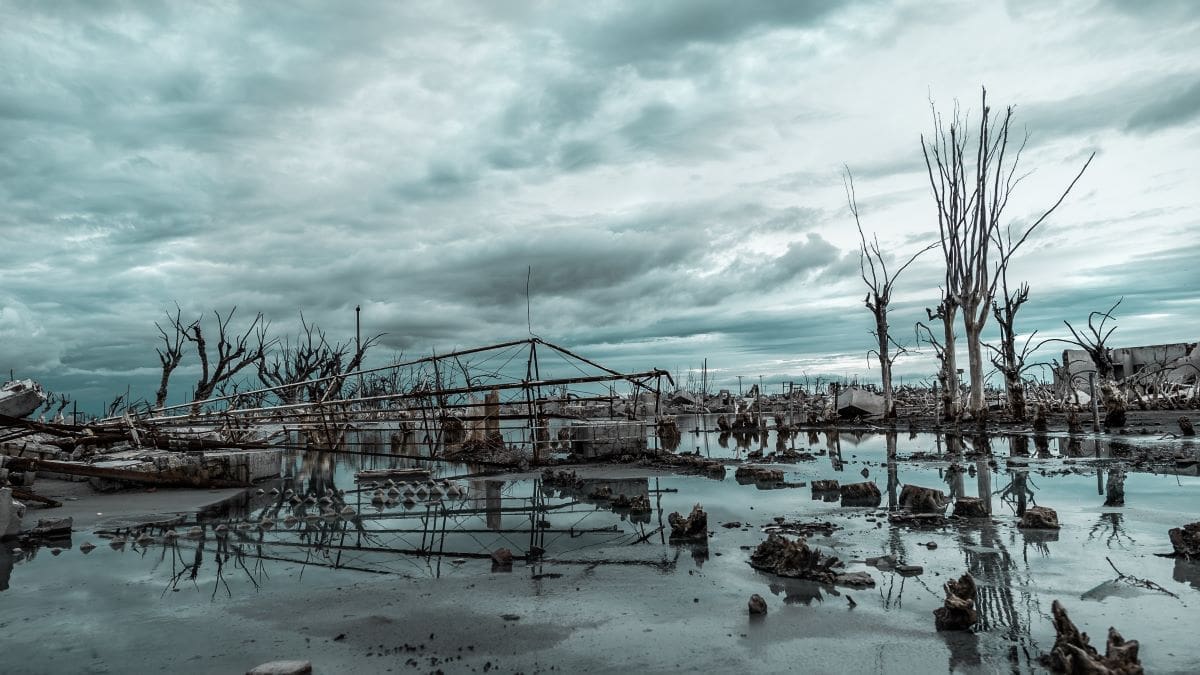Europe is rapidly becoming the epicenter of climate change, with unprecedented warming trends threatening the continent’s very foundation. The European Environment Agency (EEA) has sounded the alarm, revealing in a groundbreaking assessment that climate risks in Europe have reached critical levels, imperiling energy and food security, ecosystems, infrastructure, water resources, financial stability, and public health.
The EEA’s first-ever European Climate Risk Assessment (EUCRA) paints a dire picture, indicating that urgent and decisive action is imperative to avert catastrophe. Extreme weather events such as heatwaves, droughts, wildfires, and floods, which have become increasingly common, are projected to worsen even under optimistic global warming scenarios, profoundly affecting living conditions across Europe.
“Our new analysis shows that Europe faces urgent climate risks that are growing faster than our societal preparedness,” emphasized Leena Ylä-Mononen, Executive Director of the EEA. “To ensure the resilience of our societies, European and national policymakers must act now to reduce climate risks both by rapid emission cuts and by strong adaptation policies and actions.”
The assessment identifies 36 major climate risks across five clusters: ecosystems, food, health, infrastructure, and economy and finance. Alarmingly, more than half of these risks demand immediate action, with eight deemed particularly urgent. Southern Europe emerges as a hotspot for multiple climate risks, facing threats from wildfires, heatwaves, and water scarcity’s impacts on agriculture and human health.
Key findings from the report highlight the critical nature of climate risks in various sectors:
Ecosystems: Nearly all risks in the ecosystem cluster require urgent action, with marine and coastal ecosystems facing severe threats. The interconnectedness of ecosystems underscores the potential cascading effects on food, health, infrastructure, and the economy.
Food: Southern Europe is already experiencing critical risks to crop production due to heat and drought, with central European countries also at risk. Addressing these challenges may involve transitioning to more sustainable agricultural practices, such as promoting plant-based proteins to reduce water consumption and enhance food security.
Health: Heat-related risks pose significant threats to public health, especially for vulnerable populations such as outdoor workers and the elderly. Mitigating these risks requires holistic approaches beyond traditional health policies, encompassing urban planning, building standards, and labor laws.
Infrastructure: Europe’s built environment and critical services face escalating risks from more frequent and extreme weather events. Coastal regions are particularly vulnerable to rising sea levels and storm surges, necessitating robust adaptation measures to safeguard infrastructure and economic activities.
Economy and Finance: Climate extremes are straining Europe’s economy and financial system, leading to increased insurance premiums, asset vulnerability, and government expenditure. The viability of mechanisms like the EU Solidarity Fund is already under threat, highlighting the urgent need for proactive measures to mitigate climate risks.
Despite progress in understanding climate risks, the EEA underscores the need for closer cooperation at the EU and national levels to address these challenges effectively. Bridging knowledge gaps and enhancing legislative frameworks, governance structures, and funding mechanisms are crucial steps toward building resilience and sustainability in the face of escalating climate risks.
The EUCRA report serves as a clarion call for action, urging policymakers, stakeholders, and citizens alike to prioritize climate resilience and adopt transformative measures to secure Europe’s future in an era of unprecedented environmental change. As the continent stands at a crossroads, the decisions made today will shape its trajectory for generations to come.
More information: EEA Report No 1/2024; EEA – Press Release;
Featured image credit: wirestock | Freepik.com




